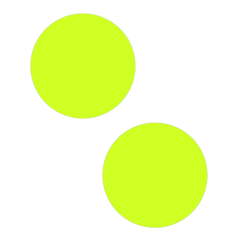In the preface, Michel Foucault questioned, analyzed and agreed with the classification of animals in Borges’s fictional Chinese Encyclopedia, that is ‘animals are divided into: (a) belonging to the Emperor, (b) embalmed, (c) tame, (d) sucking pigs, (e) sirens, (f) fabulous, (g) stray dogs, (h) included in the present classification, (i) frenzied, (j) innumerable, (k) drawn with a very fine camelhair brush, (l) et cetera, (m) having just broken the water pitcher, (n) that from a long way off look like flies’(Foucault, 2001, p. xvi), thus proving that there is an inherent order in human society.
I try to deconstruct the argument about order in Michel Foucault’s preface, so that I have a better understanding of its content. On the one hand, the fundamental codes of a culture establishes the order of language, values, and the hierarchical structure of practice, from which people can obtain specific rules and orders. On the other hand, there are scientific theories or philosophy that explain the existence, universal laws, and principles of order. However, there is an area between the two that is vague and difficult to analyze. In this area, culture has begun to deviate from the order established by the fundamental codes, and people can critically realize what the real order is, ‘maybe these orders are not the best order’((Foucault, 2001, p. xxii, ). In short, they are questioning whether these orders are still suitable for the current society and cultural environment. Therefore, Michel Foucault’s point of view is that the fuzzy area between the two is an extremely important part. This area is full of infinite possibilities and can establish new system structures and explore more orderly relations.
This preface is to break people’s inherent ideas, through the deconstruction of order, to separate humans from the original state of order, and to encourage people to think about and explore other orders. It may be a continuous, hierarchical order, or it may be a discontinuous or fragmentary order. The order relationship between language and things described in the article makes people begin to reflect on how we will interpret our world by creating a new order through language, perception and practice when the order we are accustomed to is broken.
Bibliography reference:
Foucault, M. (2001). In The Order of Things: An Archaeology of the Human Sciences. United Kingdom: preface, Routledge.
